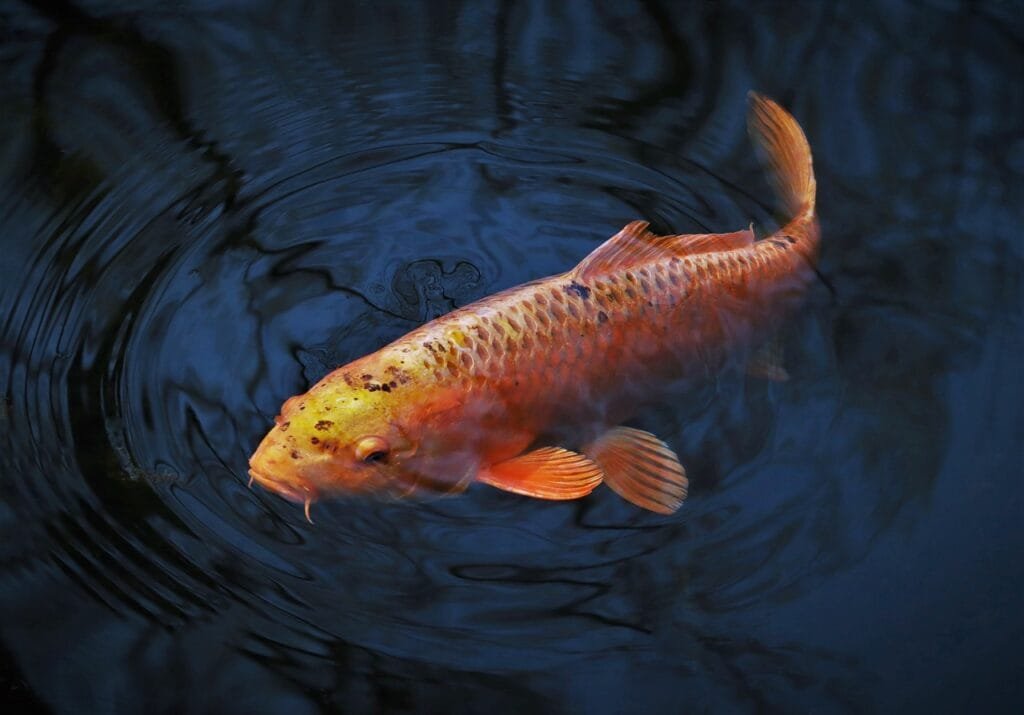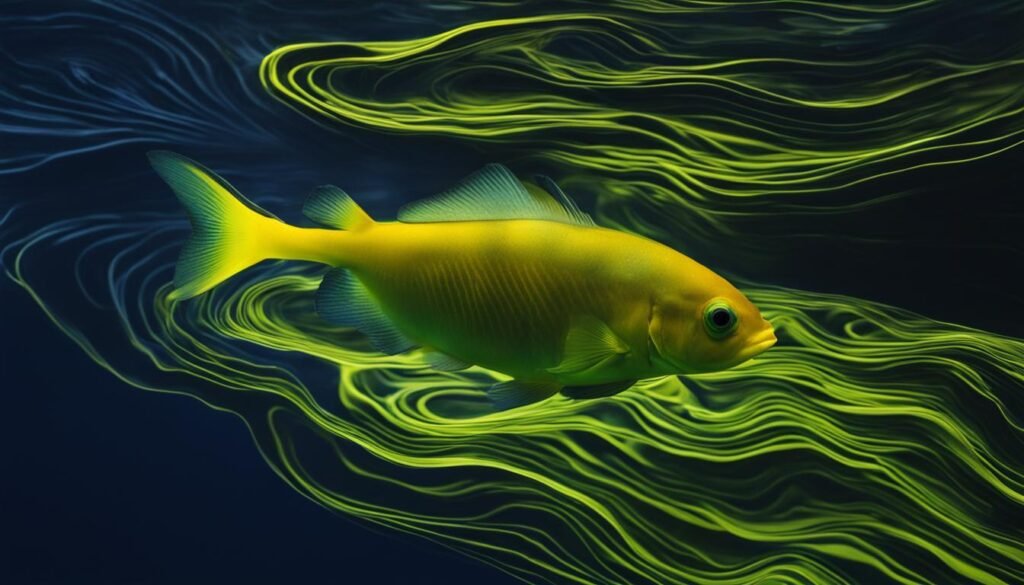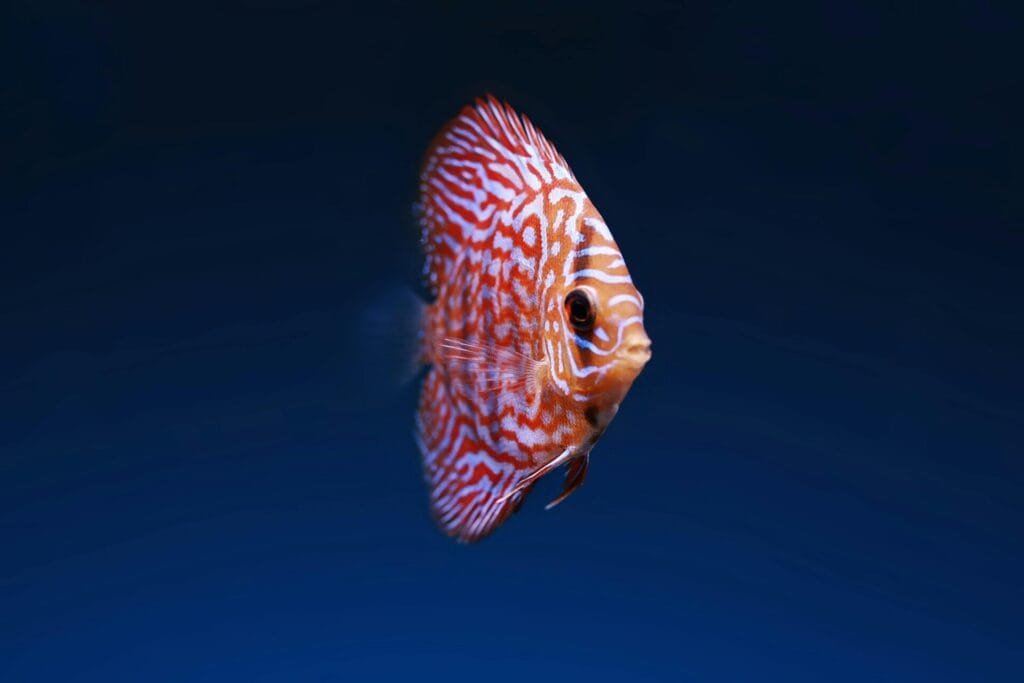Are koi fish edible? Can you eat koi fish? Is it safe to eat koi fish? These are common questions that may come to mind when considering the culinary use of these vibrant and graceful creatures.
Koi fish, a type of carp, are technically edible. They have been historically consumed as a food source in certain Asian countries. However, they are not commonly regarded as a delicacy and are not typically found on restaurant menus, especially in the United States.
While it is possible to eat koi fish, it is generally not recommended. Their cultural significance, ornamental value, and the joy they bring as pets make them more valued as living beings rather than as a food source. Additionally, there are potential health risks associated with consuming koi fish, as they may carry higher levels of mercury compared to other fish species. Ciguatera poisoning, resulting from the consumption of toxic plants or other fish fed to the koi, is also a concern.
In the following sections, we will explore the edibility of koi fish in more detail, including their taste, cooking methods, nutritional value, and the cultural significance they hold. Stay with us to learn more about these fascinating creatures and make an informed decision about their consumption.
Are Koi Fish Edible?
Yes, koi fish are indeed edible. As a type of carp, they have been consumed in certain Asian countries for centuries. Koi fish were originally brought to Japan as a food fish, where they were bred and cultivated for culinary purposes.
However, despite being edible, koi fish are not typically regarded as a desirable food source. Their cultural significance and ornamental value have led them to be more commonly kept as beloved pets. The vibrant colors and graceful swimming of koi fish make them captivating additions to backyard ponds and gardens.
While koi fish can be eaten, they are not widely sought after as a culinary delicacy.
Taste and Quality
The taste of koi fish is often described as muddy or oily due to their bottom-feeding behavior and diet. Their diet mainly consists of plants, insects, and small aquatic organisms. As a result, the flavor profile of koi fish may not appeal to everyone’s palate.
Furthermore, the texture of koi fish tends to be tougher compared to other fish species. The cooking process may take longer to ensure that the meat reaches optimal tenderness.
Availability and Cultural Significance
Today, koi fish are primarily bred for their ornamental value rather than their suitability as food. They are highly regarded in Japanese culture and symbolize qualities such as perseverance, strength, and success. Representations of koi fish can be found in various forms of artwork, including paintings, tattoos, and traditional koi fish kites.
Due to their cultural significance and association with good luck, it is uncommon to find koi fish on restaurant menus or in markets as a food option.
Table: Comparison of Popular Edible Fish Species
| Fish Species | Taste | Texture | Nutritional Value |
|---|---|---|---|
| Salmon | Rich, buttery | Tender, flaky | High in Omega-3 fatty acids, protein |
| Tuna | Mild | Firm | High in protein, low in fat |
| Koi Fish | Muddy, oily | Tough | Moderate protein, some Omega-3 fatty acids |
| Bass | Mild, delicate | Tender | High in protein, vitamins |
While koi fish can be consumed, there are other fish species such as salmon and tuna that offer superior taste and nutritional value. If you are seeking a culinary seafood experience, it’s recommended to explore these other options instead.
Cooking and Taste of Koi Fish
When it comes to cooking koi fish, there are various methods you can try, including grilling, frying, poaching, or steaming. However, it’s important to note that koi fish are not commonly used in culinary practices, so traditional koi fish recipes are not widely known or practiced.
The taste of koi fish has often been described as muddy or oily. This is due to their bottom-feeding behavior and their diet, which can impact the flavor profile of the fish. Additionally, the texture of koi fish is tougher compared to other fish species, which means they take longer to cook properly.
It’s essential to mention that the taste of koi fish is subjective, with some people finding it unpleasant while others may enjoy it. The unique flavor of koi fish may be an acquired taste. If you’re curious about what koi fish tastes like, it is recommended to try it for yourself under the guidance of an experienced chef.
Now, let’s take a look at a comparative table that highlights the key differences in taste and texture between koi fish and other commonly consumed fish varieties:
| Fish Species | Taste | Texture |
|---|---|---|
| Koi Fish | Muddy or oily | Tougher compared to other fish species |
| Salmon | Rich and buttery | Moist and tender |
| Bass | Mild and slightly sweet | Firm and flaky |
Although koi fish can be cooked and eaten, it’s essential to consider the cultural significance and ornamental value they hold, as they are more commonly kept as pets rather than used as a food source. The focus should be on appreciating their beauty and symbolism, rather than consuming them.
Nutritional Value of Koi Fish
Koi fish, as a type of carp, share a similar nutritional value to their direct natural ancestor, common carp. While they are not the most nutrient-dense fish option available, they do offer some health benefits when consumed.
One of the notable nutritional components of koi fish is their protein content. Protein is essential for various functions in the body, including muscle repair and growth. Consuming koi fish as part of a balanced diet can contribute to meeting your daily protein needs.
In addition to protein, koi fish also contain omega-3 fatty acids. Omega-3 fatty acids are important for maintaining heart health, reducing inflammation, and supporting brain function. Including koi fish in your diet can provide a source of these beneficial fatty acids.
However, it’s worth noting that other fish species such as salmon and bass are generally more nutritious and offer higher levels of omega-3 fatty acids compared to koi fish. If you’re looking to maximize your nutritional intake, incorporating these fish into your diet may be more beneficial.
Here is a comparison between the nutritional value of koi fish and salmon:
| Nutrient | Koi Fish (per 100g) | Salmon (per 100g) |
|---|---|---|
| Protein | 20g | 22g |
| Omega-3 Fatty Acids | 0.5g | 1.5g |
As seen in the table, while koi fish provide a decent amount of protein and omega-3 fatty acids, salmon offers slightly more significant quantities of these nutrients.
Ultimately, while koi fish do offer some nutritional value, there are other fish options that provide greater health benefits. Incorporating a variety of fish into your diet can help ensure you’re receiving an array of essential nutrients.
Cultural Significance and Symbolism of Koi Fish
Koi fish hold significant cultural symbolism, particularly in Japanese culture. They are associated with qualities such as courage, perseverance, patience, strength, and success. Each color variant of koi fish has its own unique significance, with white representing purity, red symbolizing the sun, and gold representing wealth and prosperity.
Koi fish are also seen as a symbol of good luck and are often featured in Buddhist temples and gardens.
| Color Variant | Symbolism |
|---|---|
| White | Purity |
| Red | Sun |
| Gold | Wealth and Prosperity |
Is It Safe to Eat Koi Fish?
While koi fish are edible, it is important to consider certain health risks associated with consuming them. It has been found that koi fish may contain higher levels of mercury compared to other fish species. This heightened mercury content can be particularly concerning for pregnant women, as excessive mercury consumption can pose a risk to fetal development.
Additionally, there is a potential danger of ciguatera poisoning associated with eating koi fish. Ciguatera poisoning is caused by the consumption of fish that have ingested toxic plants or other contaminated fish. Since koi fish are known to eat a variety of plants and organisms, there is a possibility of them carrying ciguatoxins, which can lead to symptoms like nausea, vomiting, and neurological issues.
Despite these health risks, it is worth mentioning that eating koi fish in moderation is generally considered safe. To minimize the potential dangers, it is advisable to source koi fish from reputable suppliers, ensuring they are properly handled and prepared before consumption. However, it is essential to be aware of the potential health risks associated with eating koi fish and make informed choices.
It is always a good idea to consult with a healthcare professional or nutritionist before incorporating koi fish into your diet, especially if you have specific health concerns or dietary restrictions. They can provide personalized guidance based on your individual circumstances to ensure your overall well-being.
The Importance of Koi Fish as Pets
Koi fish are not only admired for their beauty but also cherished as pets, particularly in backyard ponds. These elegant creatures bring aesthetic value to outdoor spaces with their vibrant colors and graceful swimming.
Koi fish are known to possess remarkable intelligence and emotional sensitivity. They can form strong bonds with their owners and even recognize them. It is truly heartwarming to experience the mutual trust and connection that can develop between a human and their koi fish companion.
Owning koi fish provides more than just visual pleasure. It can also contribute to relaxation, stress reduction, and a sense of tranquility. Observing these fascinating creatures navigate the water and interact with their environment can be a calming and therapeutic experience. Keeping koi fish as pets enables a deep connection with nature, allowing individuals to appreciate the tranquility and beauty of aquatic life.
It is important to note that due to the value and cultural significance of koi fish as pets, consuming them as food is not commonly practiced. Such an act would not only be frowned upon but also seen as disrespectful to their role as beloved companions.
The image above beautifully captures the essence of koi fish in a backyard pond, showcasing their elegance and the serenity they bring to the environment.
The Tranquility of a Backyard Koi Pond
A backyard koi pond provides a sanctuary for not only the koi fish but also for the individuals who maintain it. It offers a serene and contemplative space, where one can escape the stresses of daily life and find solace in the soothing sounds of flowing water and the graceful movement of the fish.
| Benefits of Keeping Koi Fish as Pets | Benefits of a Backyard Koi Pond |
|---|---|
|
|
The table above highlights the various benefits of keeping koi fish as pets and the additional advantages that a backyard koi pond can offer. These elements combine to create a harmonious sanctuary that enriches the lives of both the fish and their human caretakers.
Conclusion
In conclusion, while koi fish are technically edible and have been consumed in certain cultures, they are not widely regarded as a desirable food source. Their cultural significance and ornamental value make them more valuable as living beings and as pets rather than as a food source.
Moreover, there are potential health risks associated with consuming koi fish, including higher levels of mercury compared to other fish species and the risk of ciguatera poisoning. It is essential to consider these factors before consuming koi fish.
Instead of eating koi fish, it is recommended to appreciate them for their beauty, symbolism, and the joy they bring as pets. Koi fish are known for their vibrant colors, graceful swimming, and their cultural significance as symbols of courage, perseverance, and luck.
Ultimately, keeping koi fish as pets allows us to enjoy their presence, creates a connection with nature, and enhances the aesthetic appeal of outdoor spaces. Rather than consuming them, it is best to admire and respect koi fish for their cultural significance and the joy they bring as beloved companions.


